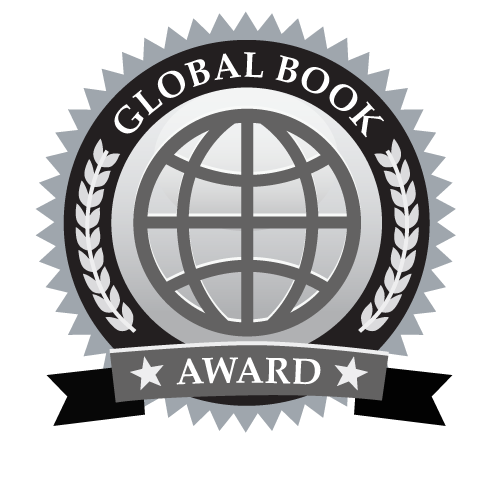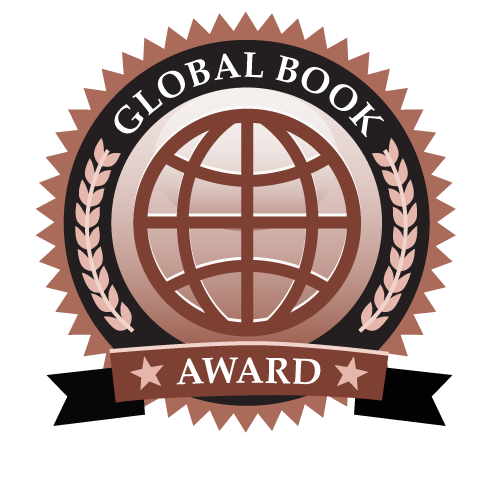The Right Resume (16 June 2021)
3 August 2021
Categories: Career & Jobs career career change career transition empathy get a job job application resume
When was the last time you updated your resume? If you’re looking for a new job or career, then its probably time for a new resume, or two.
‘What?’
I hear your panic, it’s difficult to know how to create one good resume, let alone two or more. But don’t worry, once you’ve come up with a master version you can work back from the job ad you’re interested in and tailor your resume to suit that specific job. That way you’ll have the right resume for the job every time.
The Master Version
A resume is a BRIEF summary of your skills and experience, usually one to two pages in length.
Unless you already have the necessary skills to write a resume, I suggest you outsource this task if you can. It’s time and energy consuming to learn and, unless you’re going into a job as a resume writer, it’s a specific skillset that you will rarely use. So, try to save your energy for the actual job hunt.
If you know someone who is good at creating resumes, great! If not, consider investing in a professional. Just remember that you get what you pay for. If you pay a cut-rate price for a resume writer you will most likely get a basic resume based off a template, which may or may not be the best. Find someone who will spend the time to get to know you and tailor your resume appropriately.
The master version of your resume is a standard or generalized version, which covers your skills and experience and is a great place to start when thinking about any job application.
The Tailored Version
The aim of any resume is to get you an interview. So, you want it to help you stand out enough on paper so that someone wants to meet you.
Now, I bet your first thoughts are ‘Ok, what do I want to put in my resume? What do I want to tell people I’ve done?’, but if you want to create the right resume for the job you need to break this habit.
Your resume is not all about you.
It’s about your audience.
So, what does this mean for your tailored resume? You need to begin by taking a walk in the shoes of the person responsible for choosing who will be interviewed.
Start by asking yourself:
- What do they need/want to see?
- What are they looking for?
- What’s most important to them?
- How do I make this stand out quickly and with as little effort for them?
Make sure to create a resume that is succinct and effectively captures your work experience, with the most recent and relevant information at the top.
Be specific in the way you describe current or past experience and how it relates to the job you are applying for. For instance, if you are applying for a job in a call centre and the ad states ‘an ability to deal with a high volume of calls’, don’t assume that they will know that your current job as a Call Centre Operator has you dealing with a high volume of calls. Make sure to specify, when describing the role, that you receive a high volume of calls and if possible include some actual numbers so there is no doubt in their mind as to your experience.
It is most likely that the person culling the applications will only skim you resume at first so it’s important to stand out. One way to do this is to include a short, but authentic professional summary right at the top, following this with the most relevant work experience summary. This will help to make their job easier as they won’t have to search the whole document to find the most important information.
And remember, good formatting is vital, make sure the resume is easy to read on screen AND on paper.
Get a head start.
If you’re going to tackle updating or writing your own resume, there are hundreds of templates freely available on the internet.
You can search for examples that meet your specific needs, such as a ‘career change resume template’. You can also find many examples of things such as the professional summary that can help you to create the appropriate content for your resume. Again, search for specific examples such as ‘professional summary for customer service attendant’ to find the most appropriate examples to review and adapt.
Lastly…
Remember to line up your references before applying. If they’ve been on your resume for a while, make sure you let them know you’re searching again and there is a possibility they will be contacted. Most places won’t check references until after interviews, however they are occasionally asked for up front, so you (and your referees) need to be ready.
Search
All Categories
All Tags
- volunteering (2)
- unconscious mind (5)
- success (9)
- selection criteria (3)
- resume (5)
- resilience (9)
- job seek (10)
- job search (13)
- job interview (4)
- job application (8)
- interview skills (2)
- interview preparation (2)
- get a job (17)
- empathy (7)
- cover letter (3)
- connection (4)
- clarity (15)
- career transition (14)
- career coach (9)
- career change (12)
- career (16)
- business (3)



